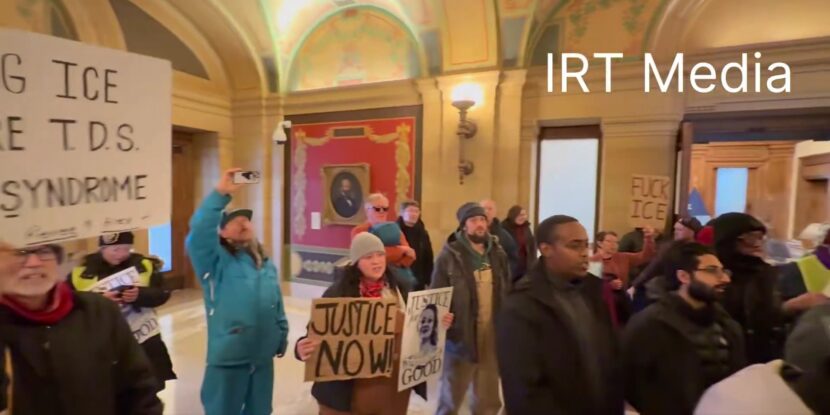PULSE POINTS:
❓What Happened: NVIDIA is launching U.S.-based manufacturing of AI supercomputers and Blackwell chips in Arizona and Texas, spurred by President Trump’s tariffs.
👥 Who’s Involved: NVIDIA, TSMC, Foxconn, Wistron, Amkor, SPIL, and President Donald J. Trump.
📍 Where & When: Arizona and Texas, with mass production expected to ramp up in 12-15 months, announced April 2025.
💬 Key Quote: “The engines of the world’s AI infrastructure are being built in the United States for the first time,” said NVIDIA CEO Jensen Huang.
⚠️ Impact: Trump’s tariffs are driving tech giants to invest in America, boosting jobs and economic security.
IN FULL:
NVIDIA is bringing the production of its artificial intelligence (AI) supercomputers and Blackwell chips to the United States, spurred by President Donald J. Trump’s tariff policies that incentivize domestic manufacturing. The company has partnered with TSMC, Foxconn, Wistron, Amkor, and SPIL, securing over a million square feet of manufacturing space in Arizona and Texas to build and test these advanced technologies.
In Arizona, TSMC’s Phoenix plants have begun producing NVIDIA Blackwell chips, while Foxconn in Houston and Wistron in Dallas are constructing supercomputer manufacturing facilities. Mass production is slated to scale up within the next 12-15 months. NVIDIA anticipates producing up to half a trillion dollars of AI infrastructure in the U.S. over the next four years, creating hundreds of thousands of jobs and driving trillions in economic growth.
“The engines of the world’s AI infrastructure are being built in the United States for the first time,” said Jensen Huang, NVIDIA’s founder and CEO. He emphasized that adding American manufacturing strengthens supply chain resilience and meets the soaring demand for AI technology.
President Trump’s tariffs, designed to penalize offshoring and reward U.S. investment, have pushed NVIDIA to prioritize American factories. Tariffs have disrupted reliance on overseas supply chains, encouraging tech leaders to bet on American workers instead.





















